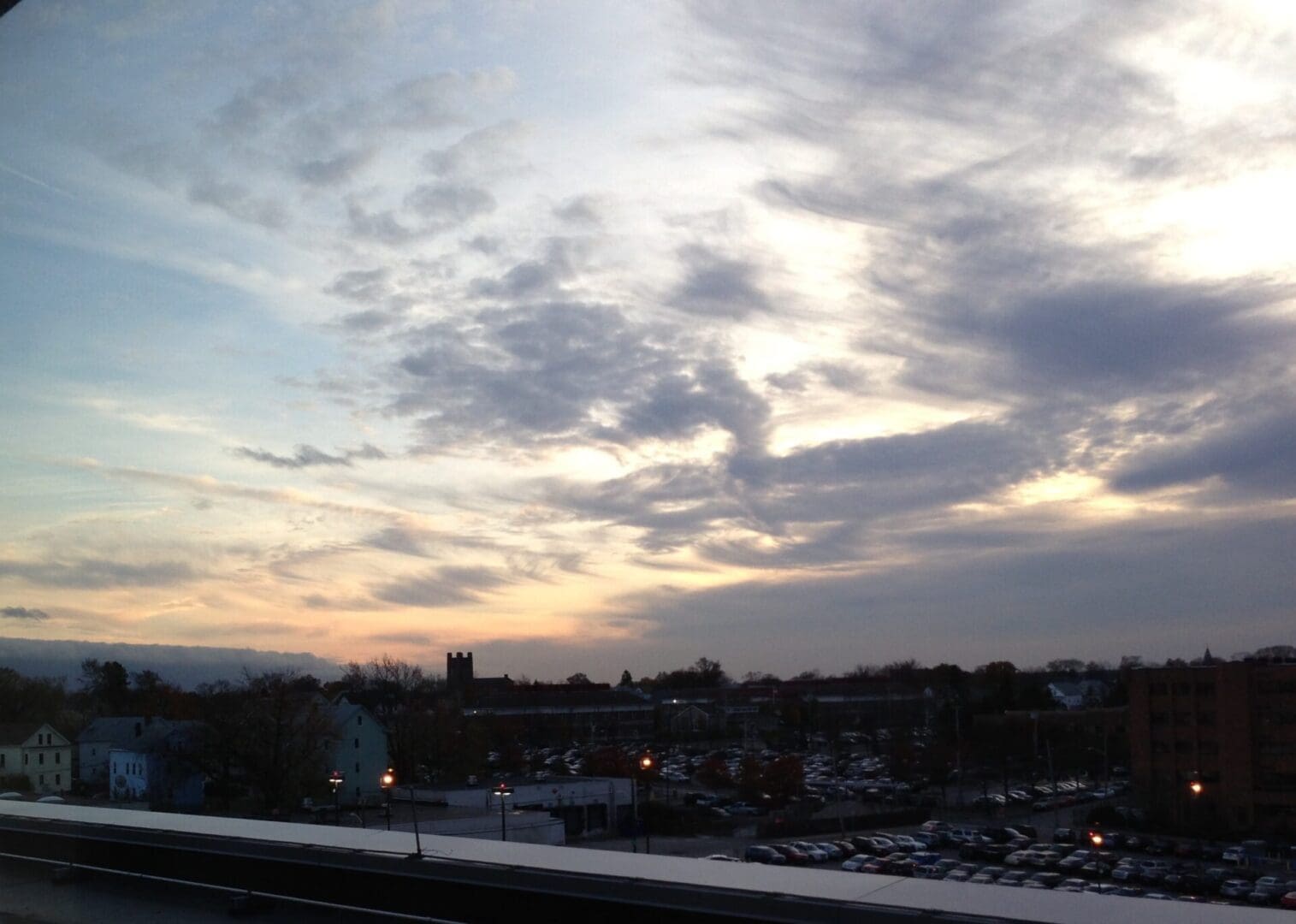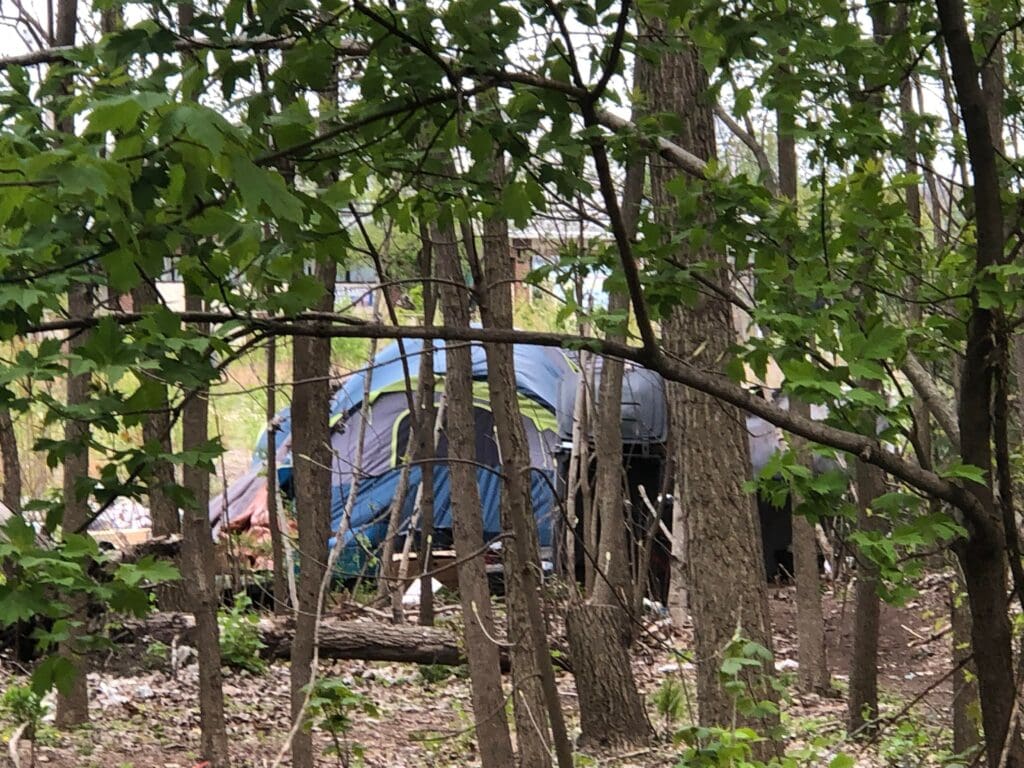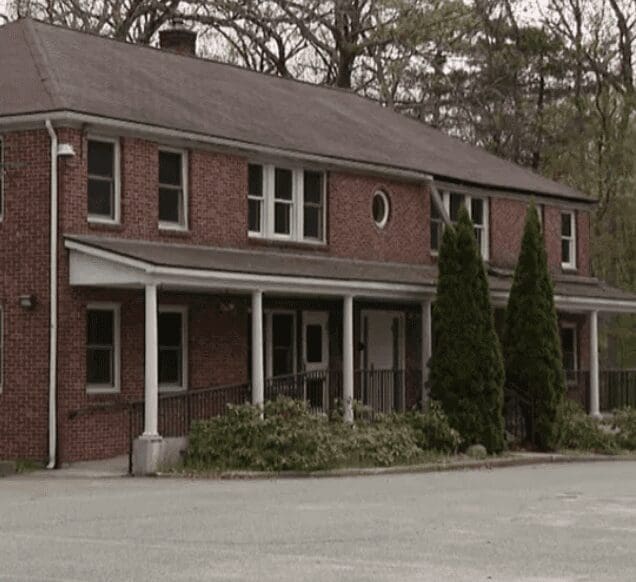Search Posts
Recent Posts
- Gimme’ Shelter: Pocahontas at the Providence Animal Control Center May 11, 2025
- Rhode Island Weather for May 11, 2025 – Jack Donnelly May 11, 2025
- Jealous of my trellis? – James Dulley May 11, 2025
- 28+ agencies to offer information at Community Resource Fair, May 12th. Sponsored by RI Energy May 11, 2025
- Ask Chef Walter: Eggless cakes – Chef Walter Potenza May 11, 2025
Categories
Subscribe!
Thanks for subscribing! Please check your email for further instructions.

Homeless in RI: More money, encampments not welcome, 9 days to Armory closing
Governor McKee/Stefan Pryor new budget proposal:
Friday afternoon, Governor McKee’s office issued a press release announcing a budget proposal to spur housing development and invest in solutions and supports for municipalities to “create housing opportunities at every income level”.
The release stated the new housing proposal “… includes creation of statewide Low Income Housing Tax Credit, funding for transit-oriented development program, investment in priority housing developments and housing-related infrastructure, and more“
The budget package is “aimed at spurring housing development, creating housing opportunities for vulnerable Rhode Islanders, and supporting cities and towns. These new investments will help address the long-lagging housing production rates in Rhode Island, catalyze expanded housing supply, and mitigate upward pressure on rents and home purchase prices. Additionally, these proposals will expand housing investments by an additional $29 million of State Fiscal Recovery Fund (SFRF) investments.”
The most prominent of the Governor’s proposals is the creation of a statewide Low Income Housing Tax Credit (LIHTC) program to provide a tax incentive for developers to expand subsidized housing options for low-income households. Currently, six of eight states in the Northeast have a state-level program to match and support investments from the federal LIHTC program. Elsewhere in the Northeast region, state LIHTC investments have proved to leverage additional federal resources and successfully close financing gaps needed to finalize development proposals and get shovels in the ground for new housing production. The proposed new program would award tax benefits to developers through a competitive process and would be capped at $30 million annually.
The proposal also includes the reallocation of funds to create a pilot initiative to support municipal efforts to address homelessness. The proposed $978,755 would support services such as homeless outreach, day programs, ambulance response, and other activities and municipal services to help emergency shelters succeed in local communities while continuing to expand options for Rhode Islanders experiencing homelessness. The Department of Housing is also proposing a $29 million investment of State Fiscal Recovery Funds (SFRF) for purposes such as the following: ·
Expanding housing-related infrastructure – $4.3 million to provide resources on a competitive basis to projects through the RI Infrastructure Bank. The program will provide funds for physical improvements needed to support housing development where infrastructure deficiencies are a considerable barrier.·
Fund transit-oriented development – $4.9 million in grants for housing developments near transit options and for municipalities to study and implement zoning changes to up zone parts of communities in greatest proximity to transit. This investment reduces transit costs to Rhode Islanders by providing options nearer to bus, rail, and bike infrastructure. Transit-oriented development is a proven approach to city planning that reduces carbon emissions and advances efforts to protect the environment.·
Establishing a priority projects fund – $17 million for competitive grants to address priority housing developments. Potential uses of this funding include permanent supportive housing for vulnerable Rhode Islanders or housing for special populations such as seniors, veterans, or people with disabilities.·
Investing in housing planning & municipal capacity – $1.4 million to create a housing-related municipal fellows program that will provide staffing capacity to municipalities that are too often understaffed as they conduct zoning, permitting, and planning activities to address barriers to housing opportunity.·
Preserving affordable housing – Reallocation of $500,000 to preserve affordable housing units. These funds will allow for the purchase of deed-restricted properties entering foreclosure so that the affordability covenants will remain intact and to mitigate the loss of subsidized housing supply.
To further support housing development, the package includes a proposal to fund a proactive development subsidiary under the RI Housing and Mortgage Finance Corporation. The focus of this will be to identify housing developments that meet Rhode Island’s most significant needs and work proactively to support cities and towns, property owners, and developers to bring these expanded housing options to fruition. Activities of the entity may involve but are not limited to expanding the supply of affordable and special needs housing; advancing housing development generally; establishing a revolving fund to support proactive development endeavors; conducting feasibility analysis of real property; acquiring and assembling real property; predevelopment financing; site readiness activities and municipal technical assistance. $1.4 million in State Fiscal Recovery Funds is allocated to the new subsidiary to enable staffing capacity and initial activity.
___
Friday protest – we don’t want the Cranston Street Armory – becomes we want the Cranston Street Armory
A group described as “homeless advocates” held a protest Friday at Providence City Hall. First outside, then inside, the protesters called on Mayor Smiley to stop opposing the closure of the temporary Cranston Street Armory’s use as a shelter – and to go further in not removing or bothering people who feel forced to live in outdoor encampments. The Armory is temporary home to approximately 150 individuals.
The protesting group was composed partly of DARE and also Providence College professor, Eric Hirsch’s group which also demonstrated inside the RI State House in connection with the encampment on the outdoors of the building. They carry white and blue caricature type to-scale signs of individuals including children and pets, representing the variety of people who find themselves homeless.
Protestors also wanted to know what buildings are vacant in the city,
___
DaVinci Center – Charles Place

After the RINewsToday story on the encampments between the two facilities, NBC10 also did a story. There was even a small fire that was in the encampment, putting a dangerous situation in front of officials, with no progress. The DaVinci Interim Director, Vin Marzullo, has notified officials at HUD and asked for their guidance. Saying, “There is significant drug activity and campers going in and out over the Charles Place property — causing fear, anxiety, and stress for the residents. Some have expressed that the reason they don’t attend our hot lunch meals is fear in leaving their apartment — and that the management company is not attentive. They are also concerned about retribution.” The contact with HUD was at the suggestion of Congressman Cicilline to see what resources can be brought to bear from the federal level.
As Marzullo has said, “To do nothing, is to allow the safety and quality of life prong to be drastically diminished for the residents of Charles Place and to inhibit the DaVinci Center in its delivery of services to the neediest and low-income elderly in our service area. This is a social justice and civil rights issue. Why are these populations being ignored and discarded? The Governor must lead, and a more multi-pronged approach is required on a consistent basis.”
___
Crossroads
Crossroads plans to open the state’s first permanent supportive apartment complex for medically vulnerable adults experiencing homelessness.
___
Johnston encampments
Johnston encampments were cleaned up after they appeared to be abandoned.
___
Barrington encampments
Barrington officials removed the encampments known in their town.
___
Cranston Street Armory
The plan is for the final extension to end on May 15th, with some transition out of the temporary shelter before that. The Stadium will be developed by Scout, Ltd, with plans for an indoor soccer facility to occupy most of the first level with the towers being “maker space”. Each floor has a fire code limit of 50 people, other than the main drill hall.
___
Charlesgate
Half of the building will be vacated – and the location may be repurposed for homeless individuals
___
Zambarano property

2-3 houses located on the Zambarano hospital property in Burrillville will be developed and run by Tri-Town, based in Johnston. Approximately 10 homeless families will be moved in, on a staggered basis. The buildings are without kitchens but will have meal service arranged. Those without transportation will be provided transportation with a facility van. Many details are yet to be decided upon, including safety issues, lake protections, and accessing services.
___
Follow the history of the homelessness crisis in Rhode Island, here:
